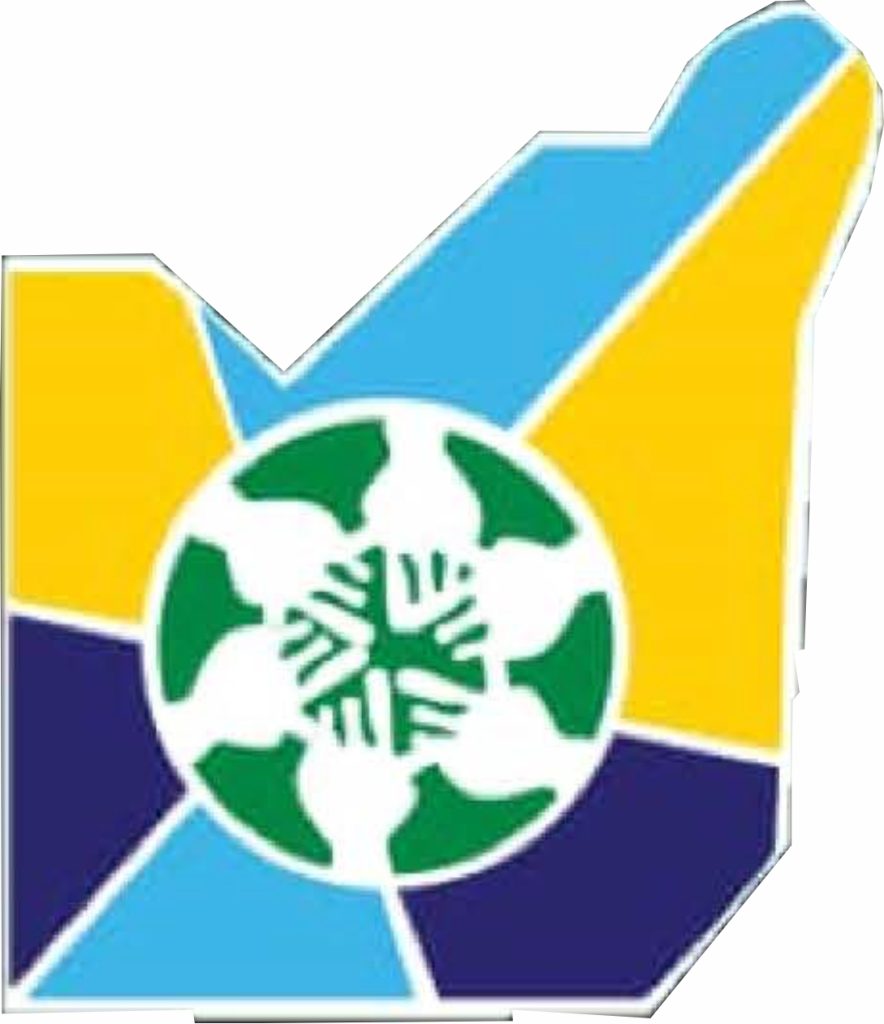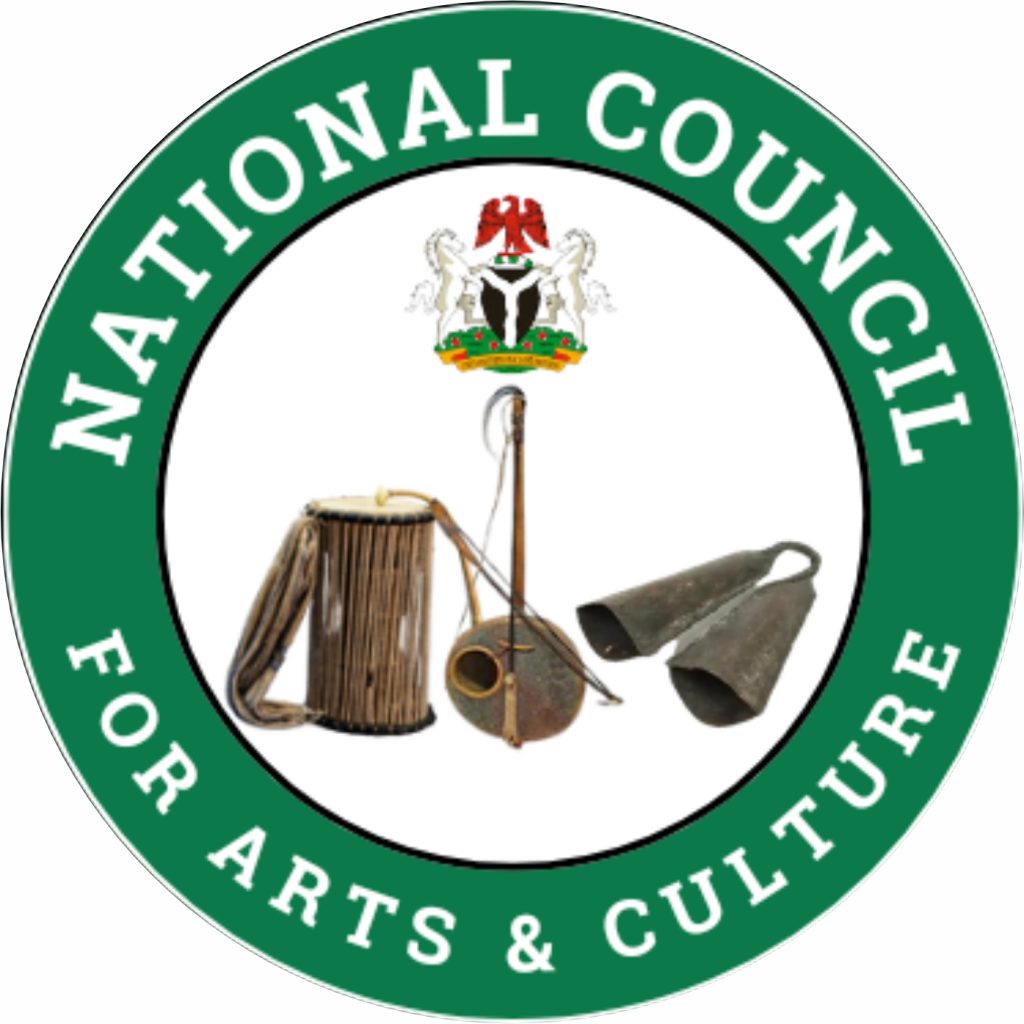Unlock the Celebration: Festival Details Inside!
Festival Info
The National Festival of Arts and Culture (NAFEST) is an annual Unity Forum organized by the National Council for Arts and Culture (NCAC). It promotes creativity across arts, science, and technology, ensuring the preservation and progressive updating of Nigeria’s rich cultural heritage. Originating from local arts festivals, the first NAFEST took place in Lagos in 1970, leading to its establishment as an annual celebration.
NAFEST aims to showcase and celebrate Nigeria’s diverse cultures, fostering unity among different communities. The festival includes talent hunts, artistic exhibitions, and competitions in various categories like traditional cuisine, dance, and drama.
The 2024 edition, themed “Connected Culture,” seeks to promote peace and cultural interactions, featuring a cultural carnival, live performances, and culinary showcases, including an “All You Can Eat” festival. NAFEST also hosts academic segments like colloquiums and poetry, emphasizing that culture encompasses all societal aspects.
Since its inception, 35 editions have been held, with Abuja hosting the 36th in 2024. The festival has seen participation from 19 states and attracts a large international audience, serving as a tool for global cultural diplomacy. NAFEST remains a unifying force, showcasing the warmth and friendliness of Nigeria’s diverse ethnic groups through a week-long cultural fiesta.
Festival Promo Video
Festival Legacy
Past Winners
Since its inception, the National Festival of Arts and Culture (NAFEST) has witnessed various states clinching top positions in the festival’s competitions over the years. In 2012, Rivers emerged as the winner, followed by Nasarawa and Benue, with Niger taking third place. The following year, Bayelsa dominated in 2013, securing first place, with Niger and Cross River as second and third place competitors, respectively.
In 2014, Ebonyi was awarded the top spot, while Niger and Akwa Ibom followed. Notably, NAFEST did not occur in 2015. However, in 2016, Bayelsa reclaimed its status, achieving first place again, with Akwa Ibom and the Federal Capital Territory (FCT) taking second and third positions.
Bayelsa continued its success in 2017, followed by Kaduna and Lagos. The trend continued in 2018, where Rivers topped the list, with Bayelsa and Ondo as competitors. In 2019, Rivers again took first place, closely followed by Ogun, while Edo and Bayelsa shared third position.
In 2020, Bayelsa rose to the occasion yet again, with Ekiti and Rivers coming in second and third place. The following year, 2021, saw Ekiti finishing first, followed by Rivers and Bayelsa, which shared third place with Benue.
In 2022, Lagos secured the top position, with Rivers and Bayelsa states finishing in second and third places, respectively. The year 2023 featured the 1st National Stakeholder’s Review Conference on NAFEST held in Abuja from December 5th to 8th. As for 2024, the hosting state remains to be announced.
Past Themes
Over the years, the National Festival of Arts and Culture (NAFEST) has adopted a variety of themes that reflect Nigeria’s rich cultural heritage and pressing societal issues. The inaugural festival took place in 1970 in Lagos, focusing on Dance, a theme that continued to resonate in subsequent years, with Ibadan and Kaduna also hosting dance-centered festivals in the early 1970s.
In the 1980s, the themes diversified, exploring Visual Arts in Port-Harcourt in 1982, and Literary Arts in Maiduguri in 1983. The late 1980s brought attention to the interplay of culture and national economic recovery, particularly in Bauchi in 1989. The 1990s continued this trend with themes such as Culture and Democracy in Abuja (1992) and African Fashion and Textiles in Calabar (1994).
The themes throughout the 2000s addressed issues such as cultural marketing, job creation, and the role of culture in national reform and empowerment. For instance, the 2003 theme, Nigeria: Our People, Our Art and Our Heritage, highlighted identity, while the 2006 theme focused on Culture, Job Creation and Youth Empowerment.
In more recent years, the festival has tackled contemporary challenges and celebrated national unity. In 2020, Post Covid-19 and Cultural Dynamism reflected the impact of the pandemic, while 2021’s theme, Celebrating National Unity in Diversity, emphasized harmony amidst diversity.
The 2022 festival hosted in Ikeja, Lagos, focused on Culture and Peaceful Co-existence. This year, in 2023, the festival included the 1st National Stakeholder’s Review Conference, with activities scheduled from December 5th to 8th in Abuja. Looking ahead, NAFEST 2024 will occur in Abuja and is themed Connected Culture, continuing the festival’s tradition of celebrating and uniting Nigeria’s rich cultural tapestry.
Festival Partners




















